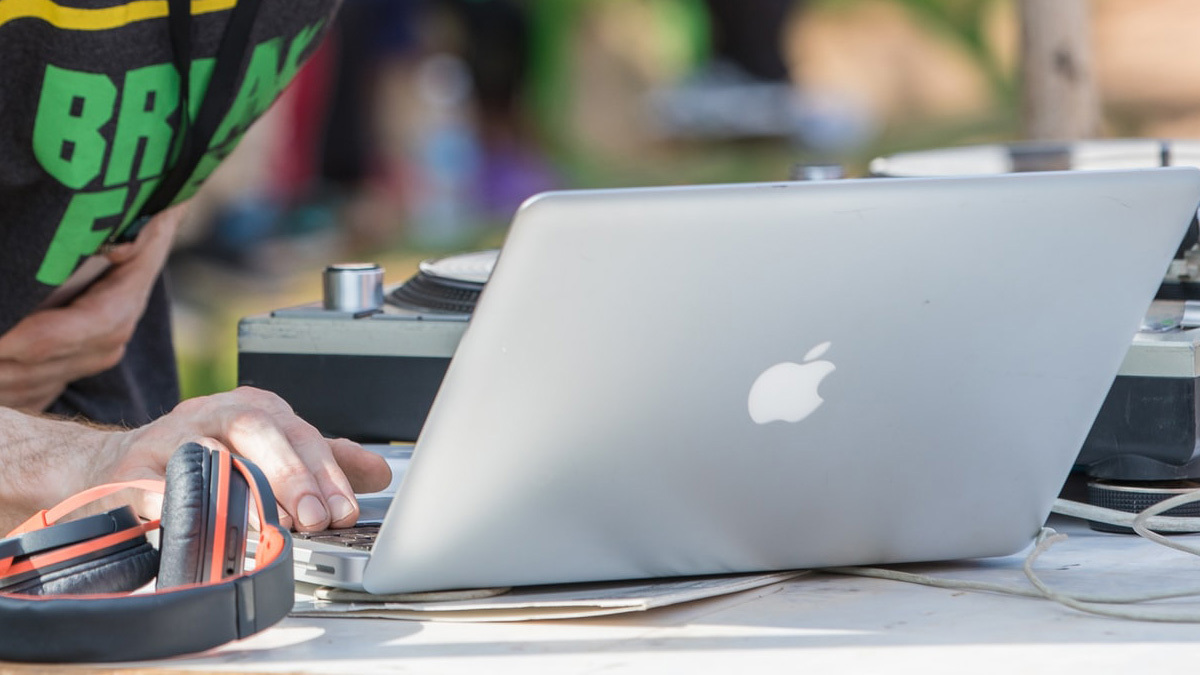Technological giant, Apple, recently received a "D" ranking on "an assessment of U.S. Companies’ exposure to military modernization, surveillance, and human rights violations in the People’s Republic of China."
The Corporate Complicity Scorecard, which was used to complete the evaluation, was funded by the Victims of Communism Memorial Foundation and Horizon Advisory.
The scorecard identifies corporate support for Beijing’s military modernization, surveillance state, and human rights abuses in five ways: offshoring of manufacturing that exposes U.S. industrial chains to forced labor and other human rights atrocities in China; offshoring of innovation in partnership with the Chinese government, surveillance; partnerships and engagements with Chinese government entities that support military and surveillance-relevant systems; compliance with Beijing’s regulatory system that makes U.S. industry a conduit for the Chinese government’s problematic information collection; and dependencies on the Chinese market that make U.S. industry a conduit for Chinese influence and propaganda abroad.
Several themes have emerged from the report of the profiled companies: first, many U.S. companies are hypocritical by saying one thing in the U.S., yet doing another in China; second, the corporations have supported off-shored research and development; third, U.S. defense contractors partner with Chinese government and military-tied partners.
Although Apple is attempting to position itself as an advocate for privacy, it received a "C" for its operations based on its potential for exposure to a data breach from the Chinese government, and its compliance with data and censorship policies, according to the report.
Apple received a "D" for its partnerships because they are open to the use of forced labor throughout its supply chain, the report stated. Additionally, the company is an active partner to "the Chinese government that helps to legitimize Beijing’s global technological ambitions."
The company also received an overall "D" grade for its activities related to the Chinese government's human rights abuses, as well as its military and surveillance systems. Specifically, Apples is at serious risk for data compromises as the Chinese Communist Party has access to customer data and hosting applications that allow the Chinese government to keep tabs on its population, according to the report.
China is one of Apple's largest and fastest-growing markets; Apple reported an 87% year-over-year growth in China for in the first quarter of 2021.
In January 2018, Apple transferred its iCloud services to state-owned Guizhou-Cloud Big Data after the Chinese government created a law requiring all personal information collected in China be stored in China, the report stated. Apple also constructed two data centers in China - one in Guiyang and another in Inner Mongolia.
A 2021 New York Times report suggested that Apple cannot prevent the Chinese government from accessing the information in its data centers. Apple also restricts and censors content and information as requested by the Chinese government. Furthermore, Apple may spread information on its platforms that favor Chinese government actions and support its surveillance efforts.
Apple has also lobbied against U.S. policies intended to minimize China's use of forced labor. Specifically, it lobbied against the Uyghur Forced Labor Prevention Act, passed in December 2021, which bans imports of goods from the Xinjiang region. According to 2019 and 2020 reports by the Australian Strategic Policy Institute (ASPI), five Apple suppliers in China: O-Film, Foxconn, Hubei Yihong, Goertek, and Fuying Photoelectric Co., Ltd display indications of forced labor.
Another report by the World Uyghur Congress identified seven companies in Apple's supply chain that have indications of forced labor use.
More than 40% of Apple's products are manufactured in China, the report stated.

